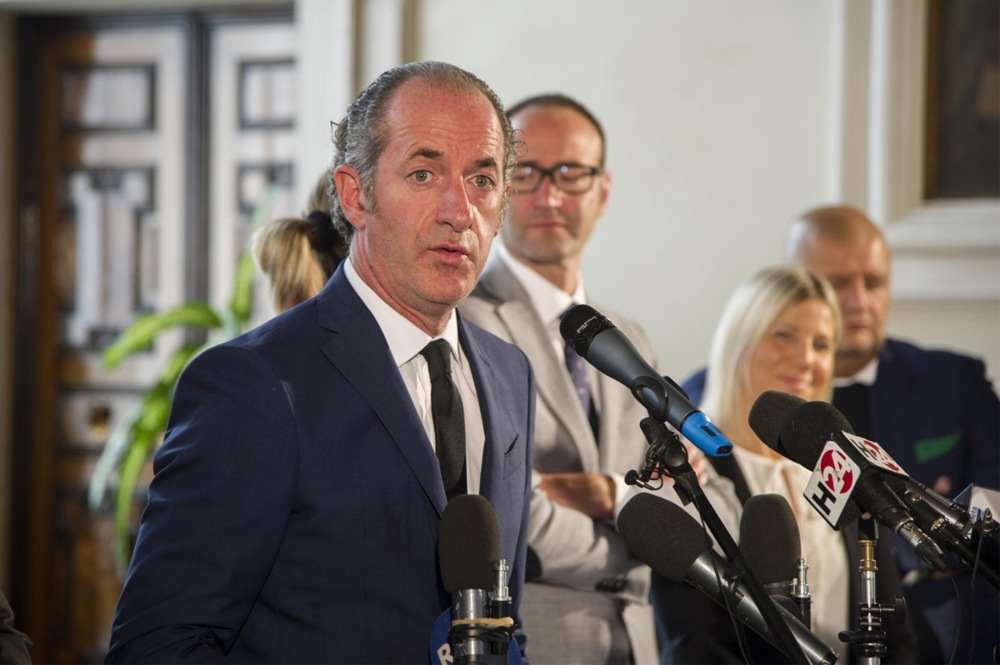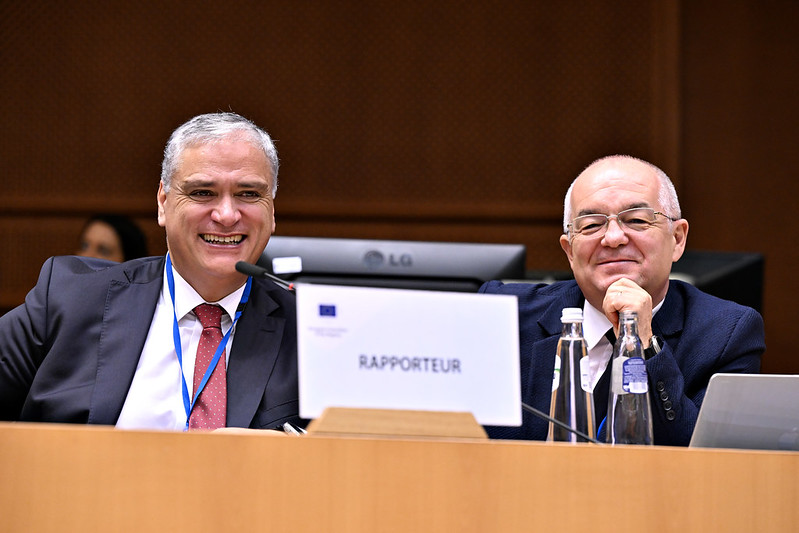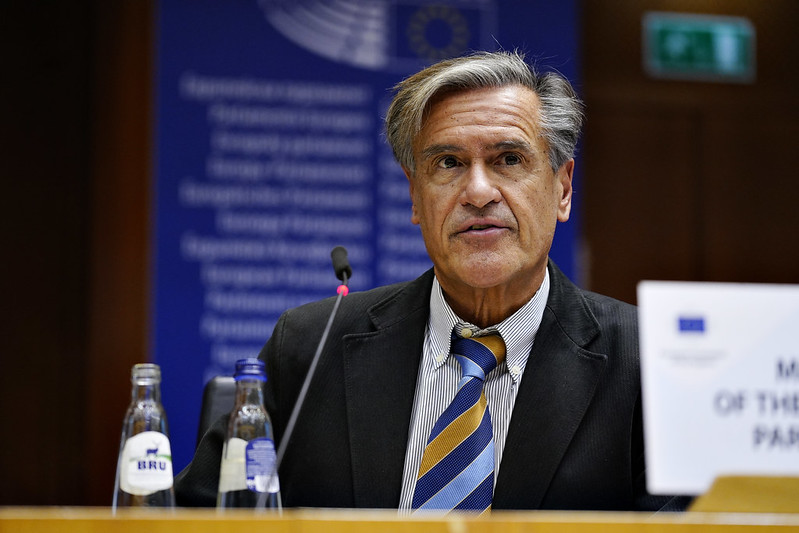Friesland, Netherlands.
The Dutch government is not the only body that is set for renewal this winter.
Debates are also ongoing over the renewal Frisian Language and Culture Agreement (BFTK).
This regularly renewed agreement between the national Dutch government, and the provincial government of Friesland (or ‘Fryslân’) regulates the status and promotion of the Frisian language (or ‘Frysk’), which is a co-official language in Friesland itself.
However, delays in its replacement have sparked concerns among Frisian language advocates.
Originally slated for replacement by the end of this year, the government has now indicated that additional time is required to address expectations and negotiate agreements with the province. The anticipated resolution is now pushed to the spring, leaving Frisian enthusiasts eager for progress.
Tjeerd de Groot, an MP from Woudsend for the D66 party, underscored the urgency of the situation.
“Fryslân wants to move forward and needs certainty. The Chamber has been very clear about what they expect from the cabinet. Frisian must truly be equal to Dutch in Fryslân. Now the focus is on keeping the pressure on” he said.
De Groot, along with provincial colleagues Habtamu de Hoop (GL-PvdA) and Aant Jelle Soepboer (NSC), has directed questions to the outgoing Minister Hugo de Jonge of the Interior.
Their concern lies in potential delays caused by parliamentary motions while awaiting the new BFTK.
This includes crucial aspects like funding for Tresoar – Frisian History and Literature Center which manages and promotes the literary archives of the Frisian langiage. It also involves other initiatives, such as efforts to bolster Frisian’s position in vocational education, and a ‘visibility agreement’ aimed at enhancing Frisian’s public presence, i.e. public signs in Frisian, etc.
One key issue is the uncertainty surrounding Tresoar’s funding. Despite several adopted Chamber motions, the government has signalled a reluctance to contribute to regional archives, even though Tresoar plays a unique role in preserving and promoting the Frisian language and culture.
De Groot, De Hoop, and Soepboer are urging Minister De Jonge to ensure a ‘flying start’ with ‘increased ambitions,’ aligning with the Chamber’s expectations. They emphasize the need to prevent essential matters from being put on hold until the new BFTK is finalized.
As the Frisian community awaits the resolution, there is a shared hope among advocates that the concerns expressed by the Chamber will be addressed promptly, ensuring that the cultural and linguistic richness of Fryslân is safeguarded and promoted effectively.
The call for a more assertive and accelerated approach reflects the determination to uphold and elevate the status of the Frisian language and culture in the region.
Frisian was once spoken across the North Sea coast, from what is today Western Flanders to the modern borders of Denmark.
Interestingly it is considered to be one of the closest relatives of modern English, as both languages share common ancestor.





